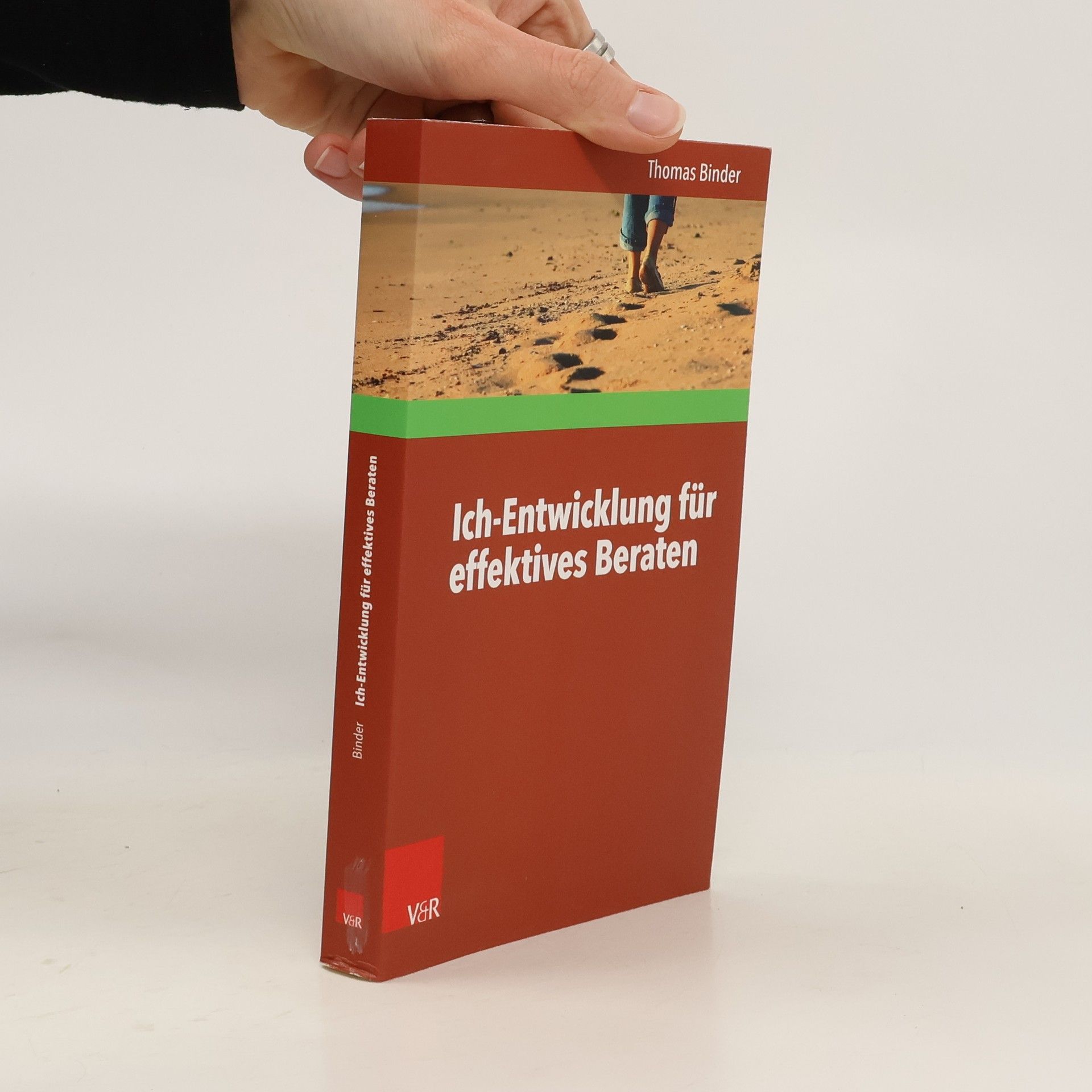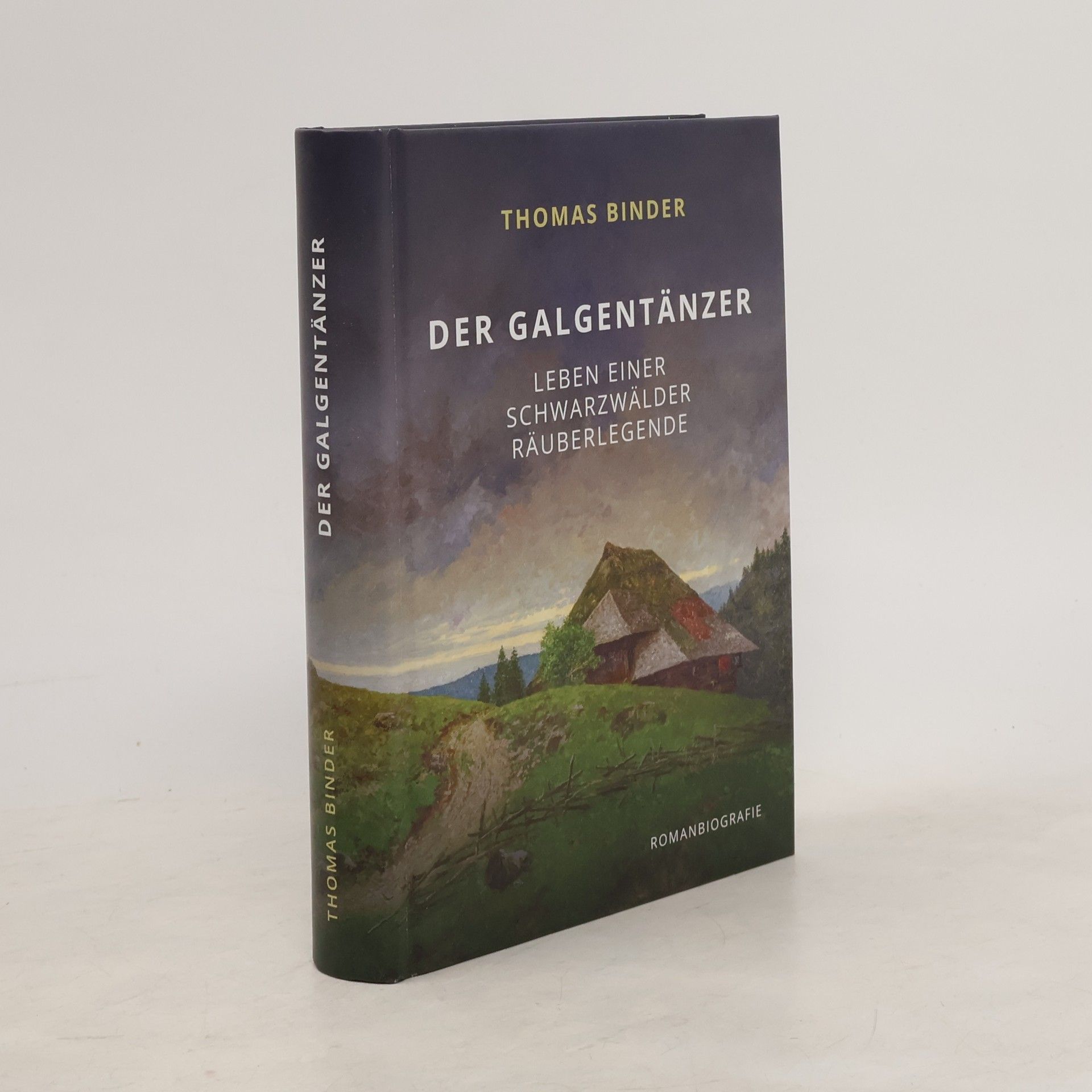No business, legitimate or otherwise, has had a more raucous influence on the history of a city than that of the Outfit in Chicago. From the roots of organized crime in the late 19th century to the present day, The Chicago Outfit examines the evolution of the city's underworld, focusing on their business activities and leadership along with the violence and political protection they employed to become the most successful of the Cosa Nostra crime families. Through a vivid and visually stunning collection of images, many of which are published here for the first time, author John Binder tells the story of the people and places of the world of organized crime from a fresh and informed point of view.
Thomas Binder Boeken






Al Capone's Beer Wars
- 400bladzijden
- 14 uur lezen
"Based on 25 years of research using all available sources, this is the definitive history of organized crime in Chicago through the end of the Prohibition Era"--
Many of the things we now live with do not take a purely physical form. Objects such as smart phones, laptops and wearable fitness trackers are different from our things of the past. These new digital forms are networked, dynamic and contextually configured. They can be changeable and unpredictable, even inscrutable when it comes to understanding what they actually do and whom they really serve.In Changing Things, Johan Redstrom and Heather Wiltse address critical questions that have assumed a fresh urgency in the context of these rapidly-developing forms. Drawing on critical traditions from a range of disciplines that have been used to understand the nature of things, they develop a new vocabulary and a theoretical approach that allows us to account for and address the multi-faceted, dynamic, constantly evolving forms and functions of contemporary things. In doing so, the book prototypes a new design discourse around everyday things, and describes them as 'fluid assemblages'.Redstrom and Wiltse explore how a new theoretical framework could enable a richer understanding of things as fluid and networked, with a case study of the evolution of music players culminating in an in-depth discussion of Spotify. Other contemporary 'things' touched on in their analysis include smart phones and watches, as well as digital platforms and applications such as Google, Facebook and Twitter.
Ego Development for Effective Coaching and Consulting
Including a Comprehensive Overview of Ego Development Theory, its Validation, Critique and Empirical Foundations
This research investigates the necessary competencies for successful process-oriented coaching and consulting activities and their relationship to vertical personality development. Utilizing Loevinger's model of ego development, a stage theory, the study summarizes current research to analyze connections between coaching competencies and ego development. Initially, the competency requirements of selected coaching and consulting associations were assessed to determine their relation to ego development and to identify minimum standards. The analysis revealed that these requirements align closely with aspects of ego development, indicating that a fully developed, self-governed stage (E6) is essential for effective coaching and consulting. Subsequently, empirical studies were reviewed to systematically explore the relationship between ego development and relevant coaching and consulting competencies. Findings demonstrate a clear correlation: as ego development progresses, the likelihood of possessing higher coaching and consulting competencies increases. Many studies suggest that a fully developed, self-governed stage of ego development serves as a foundation for consistent performance at an intermediate level of competence, highlighting the importance of ego development in professional coaching and consulting practices.
Fur eine erfolgreiche prozessorientierte Beratung bedarf es einer Reihe von nichtfachlichen Kompetenzen - so sehen es Forschung und Praxis. Thomas Binder untersucht, inwiefern diese Kompetenzanforderungen im Zusammenhang mit der Personlichkeitsentwicklung stehen. Dafur bildet Loevingers Modell der Ich-Entwicklung, eines der besterforschten Modelle der Personlichkeitsentwicklung, den Bezugsrahmen.Auf der Grundlage des aktuellen Forschungsstands zum Ich-Entwicklungsmodell analysiert Thomas Binder Zusammenhange mit Beratungskompetenzen. Er untersucht Kompetenzanforderungen ausgewahlter Beratungsverbande daraufhin, ob sich in ihnen Aspekte von Ich-Entwicklung zeigen. Zusatzlich analysiert er systematisch empirische Studien, in denen Ich-Entwicklung und beratungsrelevante Aspekte zusammen uberpruft wurden. Die Ergebnisse zeigen einen klaren Zusammenhang zwischen Beratungskompetenzen und Ich-Entwicklung: Mit zunehmender Ich-Entwicklung kommt es zu einer hoheren Beratungskompetenz.
Im Schwarzwald des 18. Jahrhunderts wird Johann Baptista Herrenberger, auch Konstanzer Hans genannt, zur Legende. Trotz seiner Versuche, als Händler und Soldat ein neues Leben zu beginnen, bleibt er den Raubzügen treu. Sein Leben ist von Freundschaft, Intrigen, Liebe und der ständigen Angst vor dem Galgen geprägt.
Der südliche Schwarzwald bietet eine Vielzahl an Hofläden und Direktvermarktern, die hochwertige regionale Produkte herstellen. In 'Hofläden und Direktvermarkter 2024/25' finden Sie Tipps für Besuche und Informationen zu über 300 Betrieben, ohne Werbung. Lassen Sie sich von der regionalen Vielfalt inspirieren.



